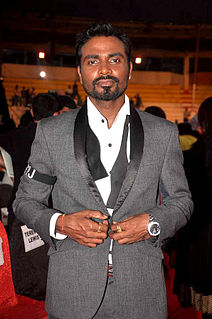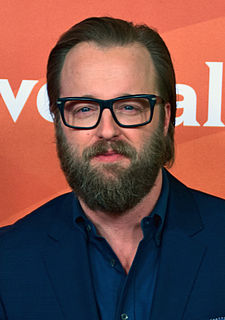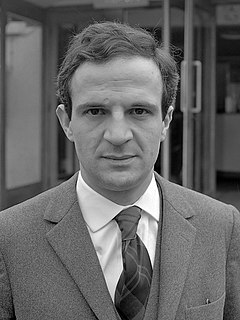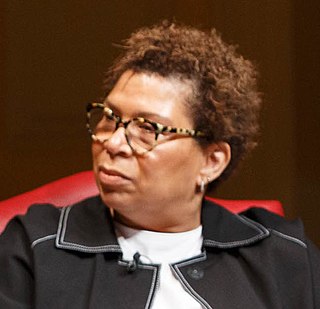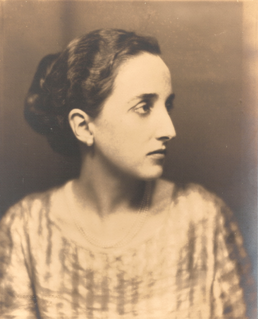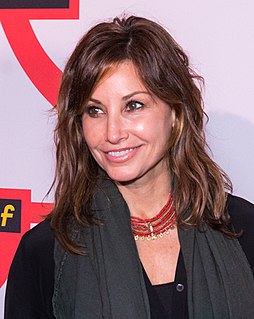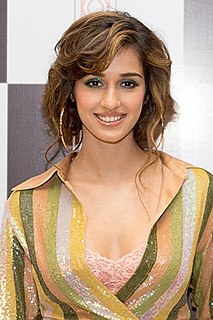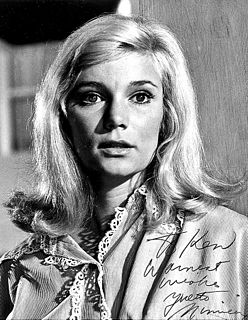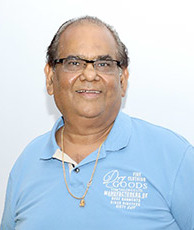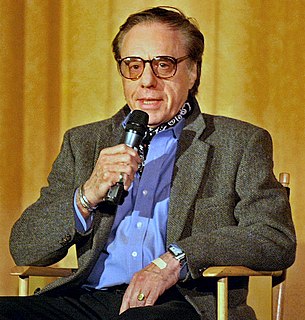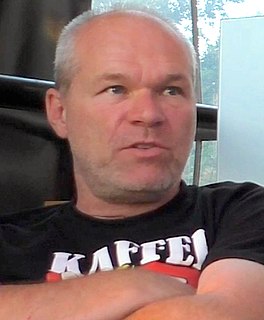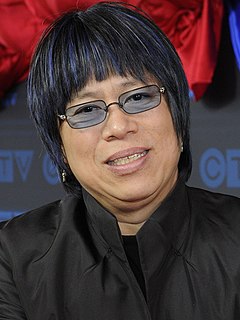Top 1200 Film Critics Quotes & Sayings - Page 3
Explore popular Film Critics quotes.
Last updated on December 4, 2024.
There is something that might be called cinematic beauty. It can only be expressed in a film, and it must be present for that film to be a moving work. When it is very well expressed, one experiences a particularly deep emotion while watching that film. I believe that it is this quality that draws people to come and see a film, and that it is the hope of attaining this quality that inspires the filmmaker to make his film in the first place.
I think at one point, a whole new younger generation of critics come in and they're really aware of zeitgeist in their group, and the older artists tend to get forgotten as their critics retire and do other things or stop paying attention. So there's a factor of aging that I think is to be considered, too. As a middle-aged artist, you kind of get put on a shelf for the young ones.
African films should be thought of as offering as many different points of view as the film of any other different continent. Nobody would say that French film is all European film, or Italian film is all European film. And in the same way that those places have different filmmakers that speak to different issues, all the countries in Africa have that too.
Critics can say what they like about the films, but very often, there's a certain expectation of documentaries that they're supposed to be like PowerPoint presentations. I see documentaries as movies. So when I see some critics writing that we could have done without the recreations altogether - well, perhaps.
With The Exorcist we said what we wanted to say. Neither one of us view it as a horror film. We view it as a film about the mysteries of faith. It's easier for people to call it a horror film. Or a great horror film. Or the greatest horror film ever made. Whenever I see that, I feel a great distance from it.
My fellow critics and I may occasionally fault a movie for departing, in detail or in spirit, from its literary source, but the grousing of a few adult pedants is nothing compared to the wrath of several million bookish 10-year-olds. Their presumed demands, and the hovering spirit of Harry's creator, J. K. Rowling, inhibit this movie as it did the first Potter film.
The government sends low-flying helicopters to chase the horses into corrals and then takes them from the plains of the American West to federal holding pens. The government claims it's to save the horses from starvation. Critics claim the real motive is to clear the land for cattle grazing. Critics also say the horses are brutally traumatized.
There will be this mix of people like me who write for major national newspapers and amateur critics, practitioner critics, whose primary way of distributing what they talk about is through blogs and on the web. The line between professional and amateur criticism will become increasingly blurred. The problem here is that if you want to do this for a living, you have to be able to earn a living doing it.
The critic has to do more of what the book critics and art critics have done in the past. Which is give you a context for understanding the restaurant, give you a better way to appreciate it, give you the tools to go in there and be a more informed diner who can get more pleasure out of the experience.
The thing we call critics are not really reviewers, they are not really critics. They don't have the discipline to write what we would term as critique - it's really just reviewers. They have a common man kind of taste. If you watch them overall, they are not different from the box-office. That's my view.
To me, a revolutionary film is not a film about a revolution. It has a lot more to do with the art form. It's a film that is revolting against the old established language of cinema that had been brainwashing the people for decades. It is a film that is trying to find ways to use sound and image differently.
Of course, there are those critics - New York critics as a rule - who say, 'Well, Maya Angelou has a new book out and of course it's good but then she's a natural writer.' Those are the ones I want to grab by the throat and wrestle to the floor because it takes me forever to get it to sing. I work at the language.
Silence Of The Lambs? is a ?fantastic? film. It's a horror film, and it's an incredibly well-told film that is about point of view in such a unique way. The way that film is shot, the way the eyelines are so close, if not directly into camera, betrays an intimacy with the characters and the audience.
When critics or people judge, I think it's harder to make a commercial, pop movie than it is to make a pretentious art film. It's harder to reach millions of people and satisfy them and make them happy. These films kind of get ghettoized, this genre because there are so many big, big movies that are such big hits, but aren't any good. The audiences, they're not judging the style of the director, or the execution of the film. They're just looking to be entertained. They want to escape from their reality, and that's why we make movies, to get people to escape from the realities.
Me and Kirby are very collaborative and it changes from film to film. The first project we worked on together, Derrida, we co-directed. The last film Outrage, I was the producer and he was the director. This film was much more of a collaboration - he is the director and I am the producer - but this is a film by both of us.
The evolution of social media into a robust mechanism for social transformation is already visible. Despite many adamant critics who insist that tools like Facebook, Twitter, and YouTube are little more than faddish distractions useful only to exchange trivial information, these critics are being proven wrong time and again.
Roger Ebert was such a champion of underrepresented filmmakers. He was a very big deal to me. It shows the power of critics. People who write about film, like you, can really affect the confidence of a young filmmaker. He did that for me, so it was such a pleasure to have an opportunity to talk about Roger in the movie.






